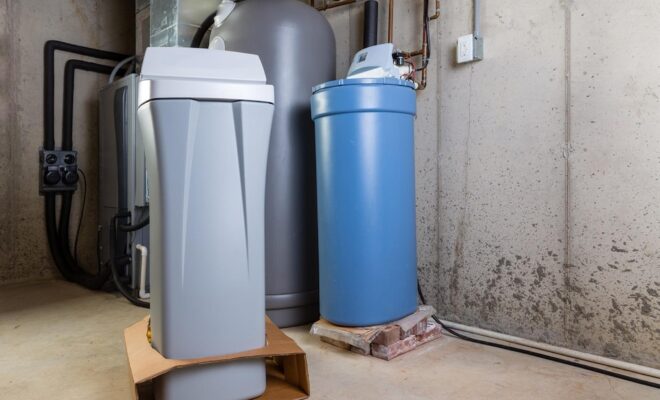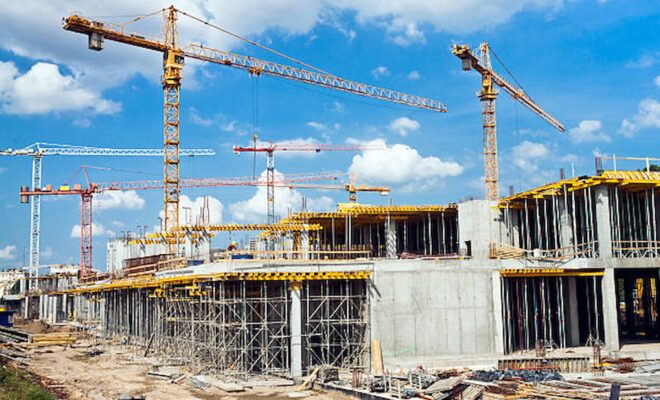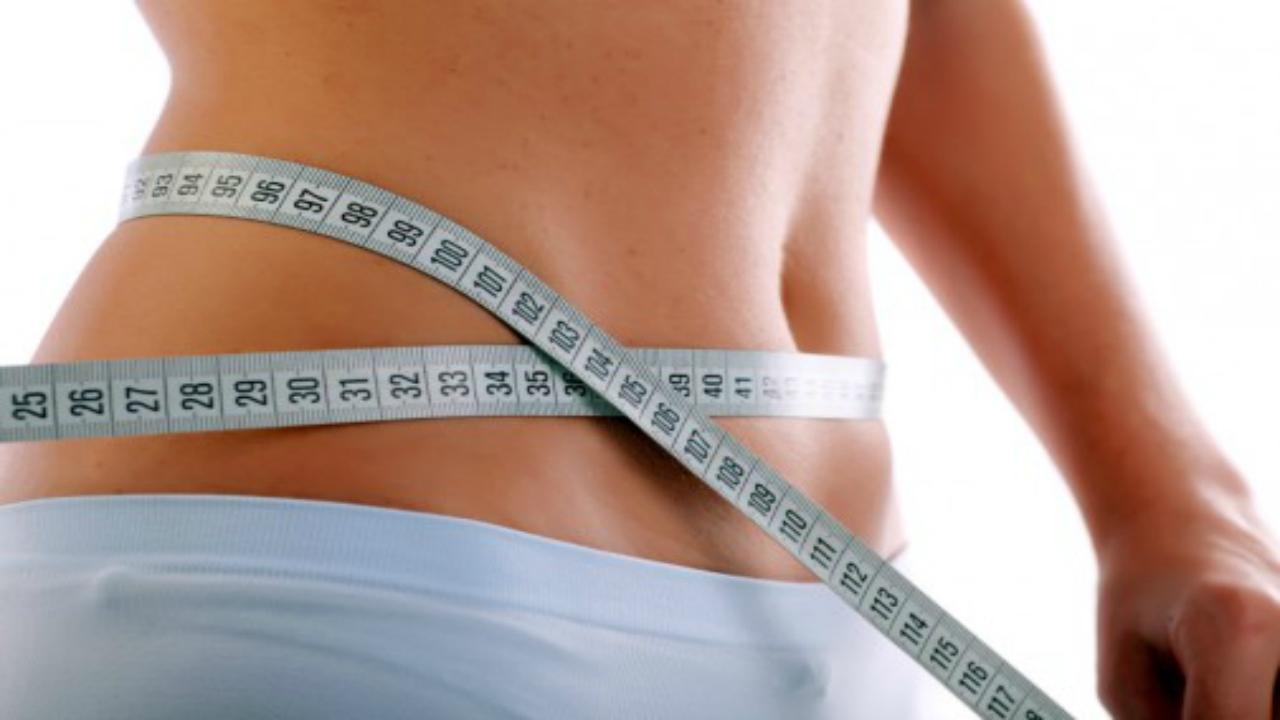What Are The Alternatives To Water Softeners?

Water softeners can be highly effective at addressing hard water issues such as the build-up of scale on appliances such as water heaters and dishwashers, and dry hair and skin when bathing. However, they do come with drawbacks which means you should consider carefully if this technology is right for you.
One of the biggest problems with water softeners is high sodium content, which can be a concern for those on sodium-restricted diets. Additionally, the discharge from water softeners contains high levels of calcium and magnesium ions, which can be harmful to the environment. At Lubron Water Technologies, we can suggest several alternatives to water softeners that may better suit your needs.
Anti-scalant chemicals
Rather than being used to prevent water hardness, anti-scalant chemicals are used to control or prevent scale from forming. Scale is a hard build-up of minerals, mainly calcium and magnesium, that can collect on the surfaces of appliances and pipes. Not only can it reduce the efficiency of these appliances, but it can lead to costly repairs and even reduce their lifespan. Anti-scalant chemicals work by interfering with the crystallisation of the particles and encouraging them to disperse, preventing scale from forming.
Nanofiltration
Nanofiltration can be a good alternative to traditional water softeners. This technology employs a membrane system similar to reverse osmosis. However, while reverse osmosis features minuscule pores that reject virtually all water impurities, nanofiltration boasts larger pores. These larger pores permit the passage of sodium and chloride ions while effectively screening out most of the bigger calcium and magnesium ions. The result is softened water.
De-mineraliser
A de-mineraliser, which can also be known as a DI system, is another water treatment option that removes minerals and ions from water. Although it’s not normally considered to be a direct alternative to traditional water softeners, it can reduce water hardness to some extent. De-mineralisers use ion exchange resins to remove ions from water, including calcium and magnesium ions.
De-mineralisers remove a wide range of ions, not just those responsible for water hardness. As a result, the water they produce is often referred to as “de-mineralised”, and, as a result, may lack the pleasant taste and potential health benefits associated with some minerals. Moreover, de-mineralisers have relatively high running costs and use harmful chemicals.
Choosing the right solution for your needs
When considering the alternatives to water softeners, it’s important to assess your specific water quality issues as well as your budget. Consulting with a water treatment specialist can help you choose the right option for your needs. The effectiveness of these solutions can vary depending on factors like water hardness, flow rates and the scale of the problem.
To find out more about water softening solutions, get in touch today. You can reach us by calling 01206866444 or by emailing us at [email protected]. We’re on hand to discuss your requirements with you.














